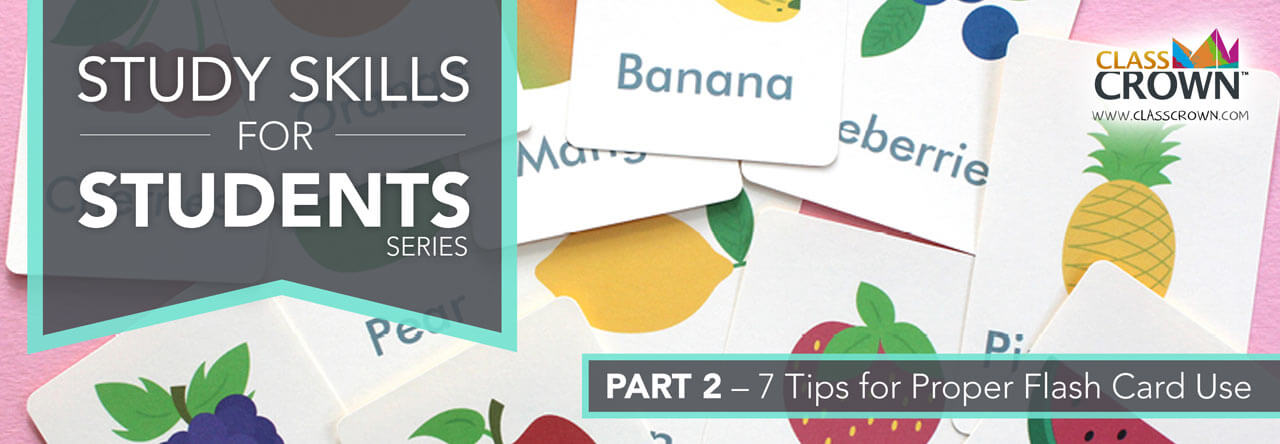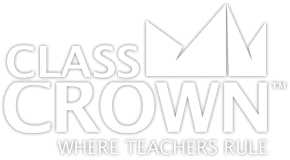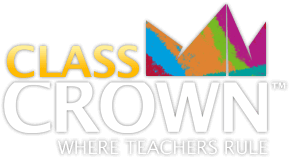
It’s heartbreaking to see a student put in the time and effort to do well on a test, yet not achieve the desired result. In this second post in our series on teaching students to study effectively, we will be providing tips for using flash cards as a study tool. (Check out Part 1 on the AUPAR Test Prep Strategy if you missed it). Flash cards can be a useful tool in studying for quizzes and tests, but only if created and studied properly. Teach your students these 7 tips in order to help them succeed in their studies:
- Make flashcards as you learn new material.
It will be very difficult to make and study flashcards all in one or two nights before the test. To use flashcards most effectively, make them as you learn new material in a unit. For example, if you are starting a new unit on the civil war, begin making flashcards using your notes and other materials daily as you learn the new information. Study them frequently up until the date of the test.
- Limit what you include on each card.
Be careful not to put too much information on each card. For instance, if you are studying the Bill of Rights, do not include freedom of religion, of speech, of the press, to assemble, and to petition all on one card with the subject being the first amendment. It will be too difficult to assess whether or not you know all necessary information if all of it is on one card. Instead, put each aspect of the first amendment on its own card.
- Include illustrations.
Illustrations will aid in your retention of the information. The more distinctive each card is, the more associations your mind will make and the easier it will be to remember the information.
- Use different colored cards.
You might choose to use different colored cards as another way to make them distinctive to remember the information. For instance, if you are studying for history, you might choose one color for dates, another for people, and another for important events. If you are studying a foreign language, one color might be for verbs and another for nouns. It doesn’t matter what colors you use as long as you keep them consistent.
- Study out loud.
Another way to help you remember the information on your cards is to quiz yourself out loud with them. Whether you are studying with a friend or just answering out loud by yourself, having to recall the answer and articulate it will help you remember the information more quickly.
- Shuffle your cards regularly.
Make sure you shuffle your cards periodically as you are studying. You don’t know what order the questions will be asked on the test and having to know the information in random order as you study will help you be prepared for whatever order they appear on the test.
- Take your cards with you.
Keep your cards with you wherever you go. Put them in your backpack or whatever you carry with you most of the time. This way, you can study whenever you have a few minutes to spare: waiting at the doctor’s office, at your sister’s softball game, after you finish an assignment during class, etc.
There is nothing worse than seeing your students perform poorly on tests when you know they could do better if they had good study skills. Teach your students these 7 ways to use flashcards properly and you may see them succeed more often, which is a motivator for them and you. You might even consider assigning the creation of flashcards and give short intervals of study time during class until your students have formed the skill and habit of using them properly.
Check back frequently for more in our series on teaching study skills!

